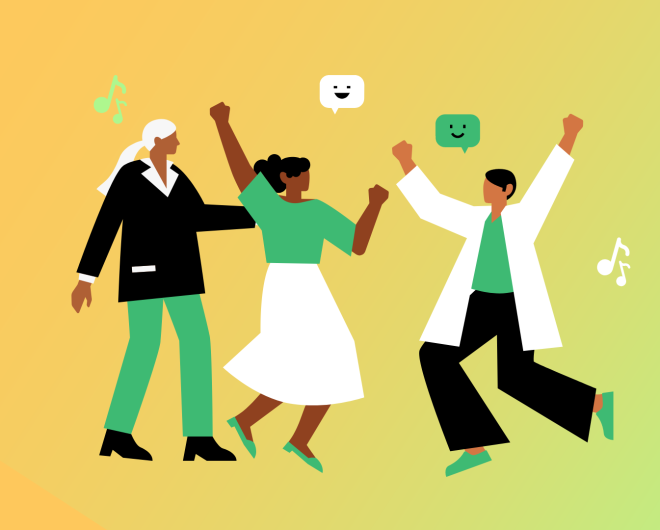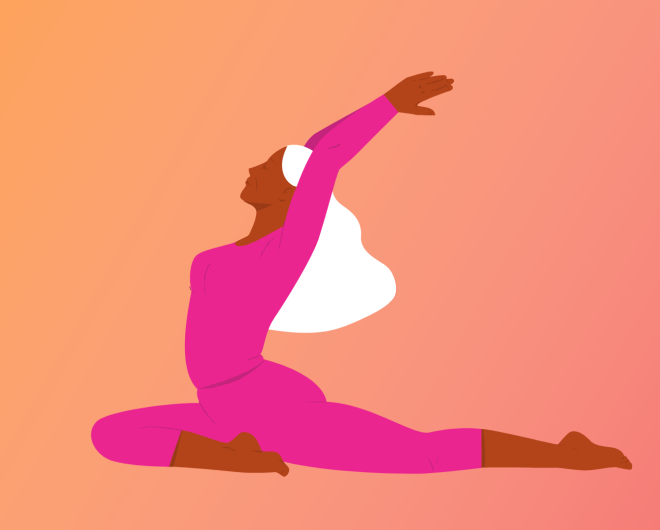
Do you know that 49% of Nigerians are women (about half of the population)? A fair percentage of 80 million registered voters in 2019, were women (47%). However, approximately 50% of registered voters turned up to vote, which shows that the number of women who voted in the 2019 elections was insignificant compared to the number of men.
Here are some more facts, ladies! Women hold just about 5.8% of political offices (both appointive and elective) in Nigeria. The women’s rate of political participation in Nigeria remains one of the lowest in Africa and the world at large. In 2019, world statistics showed Nigeria was 161st on the Human Index in Gender Inequality.
The implications of this are far-reaching and inimical to a more inclusive society which is necessary for national development. More harm than we ever anticipated had been done to us by the negligible percentage of female participation in decision-making.
However, it will be irrational and unfair to assume that many Nigerian women are not just interested in politics or have no clue about national affairs. Decades of marginalization and gender role assignments have caused women to develop subconscious political apathy.
Although more women are getting involved in running for office and voting, the number needs to get higher for a more vibrant, inclusive, and beneficial democracy. Women like Dora Akunyili, Abike Dabiri-Erewa, Ngozi Okonjo-Iweala, and now Aishatu Binani—who was recently chosen as the All Progressives Congress (APC) candidate for governor of Adamawa state—have paved the way for other Nigerian women to take an active role in the country’s affairs.
The basic level of civic participation is VOTING. Women need to register to vote and turn up to vote. Here are the reasons why;
- When participating in the elections, choosing your leaders by voting, you are setting the political agenda for the next leadership tenure and by this, holding leaders accountable for their actions and decisions becomes easy and effective. In other words, you can’t boldly criticize or push one to take responsibility for anything, if you are not the one who put the person in the position to make certain decisions or take actions.
- By voting, you are advocating for better and fairer national policies that will benefit all women. Several gender bills have been passed into law but are never enforced or taken into effect. The inclusive education policy, economic policies against discriminative acts in the workplaces, health policies, and political rights for all women do not seem to be effective as in many parts of the country, ladies are married out at an early age, hence drop out of school, the affirmative action for women’s political participation is being suppressed, women’s social, economic and political rights are still being very much violated.
- An inclusive election process creates a power balance between both genders which leads to an effective and strong democratic society for everyone to thrive socio-economically and politically. When we vote, we are deciding to secure and improve our economic situation. By exercising our right to vote, we secure our political stand as socially aware and equal actors in our nation. This is because decisions made by leaders, we choose to represent us, affect us in every way. Effective democracy is a key factor for national development. Better national policies are developed and put into effect when there is a diversity of social, economic, and political initiatives used in the decision-making process.
- Voting is a way of making our voices heard, our presence noticed. Activist Britanny Cunningham once stated that every single opportunity we have to make our voices heard is something we have to show up for. Voting is one of these opportunities. We are aware of the state of our national affairs, we have a say in them. Voting is also practically choosing leaders to amplify our voices, present our needs and ensure that our concerns as citizens are addressed. This is why it is important to be involved in choosing our representatives.
- The right to vote is a privilege, a responsibility, and a power. Vote, because it is a right that women before us battled for, and we must continue to fight for the women who will follow us. If we do not take the actions required to bring about the change we desire, someone else will. Voting, according to Amanda Seales, is a way of reminding elected officials that “my voice is vital to your decision-making”
I admonish every woman to start the conversation, talk about politics, and encourage women to get involved and interested in our national affairs. Let’s not shy away from what will be highly beneficial to our development as citizens of Nigeria. The ball is in our court! Decide to vote in the upcoming 2023 elections. Register for your voter’s card today.



